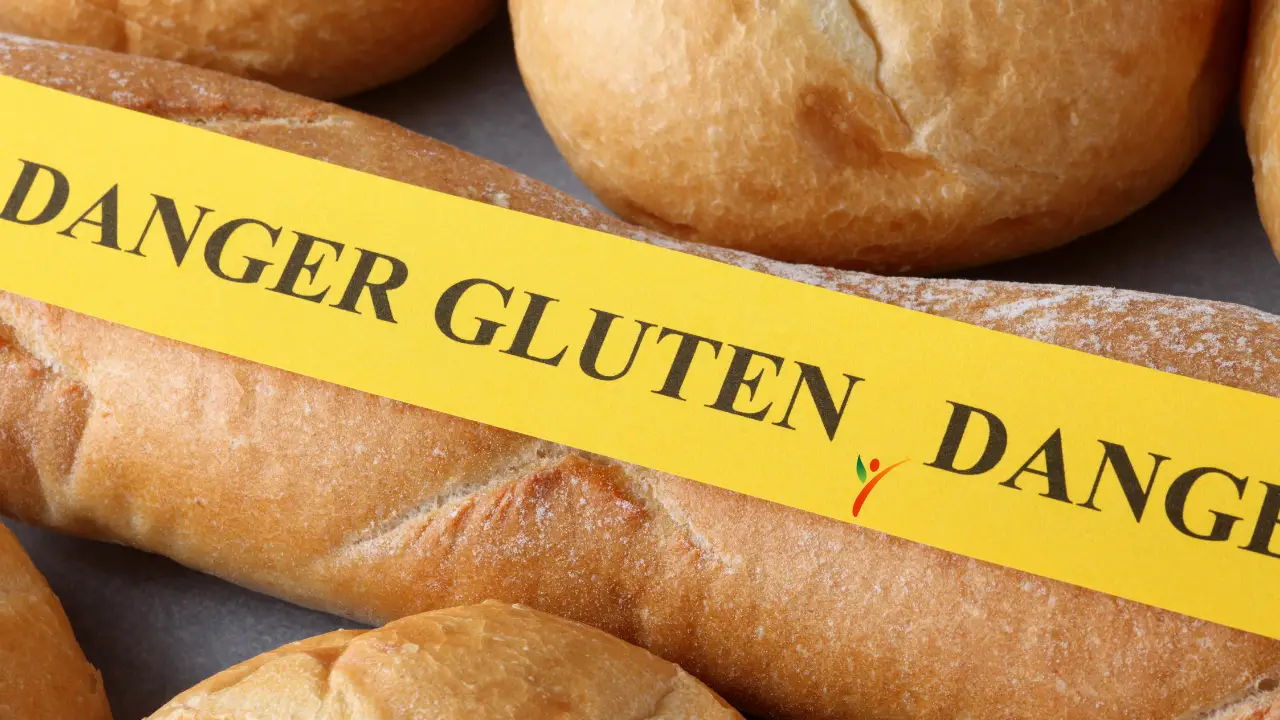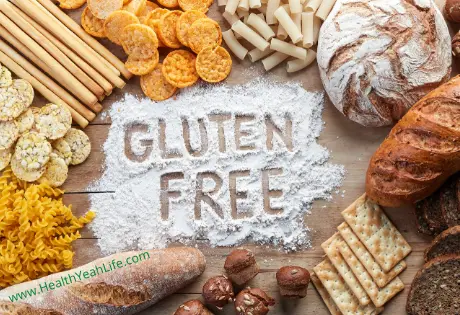Have you noticed sudden changes in your health and do not know the reason for it? Or have you recently consumed gluten and are coincidentally experiencing troublesome symptoms? If so, this sounds like a case of gluten poisoning.
If your answer to the above questions were affirmative, you probably want to confirm and know what the gluten- poisoning symptoms are?
But before we delve into understanding gluten poisoning symptoms, let us first understand what gluten poisoning is.
What Is Gluten Poisoning?
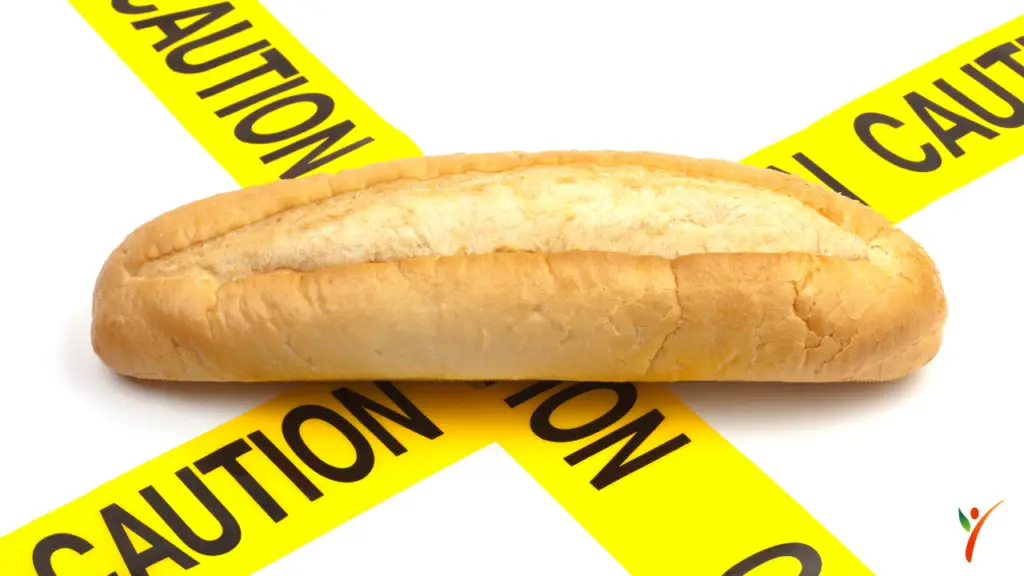
Gluten comes from a naturally occurring protein found in grains like wheat, rye, barley, and the likes— people who have a condition called celiac disease or gluten sensitivity cannot tolerate gluten in any amounts.
When people suffering from these conditions consume food that contains gluten, their system reacts to it adversely.
- Celiac disease is an autoimmune disease and may be present since childhood or can even develop in adults.
- When people who have celiac sickness are diagnosed with it, they cannot eat any gluten.
- Consuming even a little amount of gluten will mess your system and can irritate it.
- It will cause gluten poisoning in their body and bring forth several symptoms as a reaction.
The same happens with individuals with gluten intolerance or sensitivity who don't have celiac disease. Although there is no celiac sickness as an autoimmune disease present in them, their system is automatically allergic to gluten and cannot digest food with gluten.
- Having a gluten intolerance or celiac disease, you must avoid gluten entirely.
- One may never know the source of where gluten has entered your body, causing a fierce reaction to it.
If you believe you have developed the celiac disease or have a gluten intolerance, let us find out what gluten-poisoning symptoms there are to understand your condition better.
What Are The Symptoms Of Gluten Poisoning?
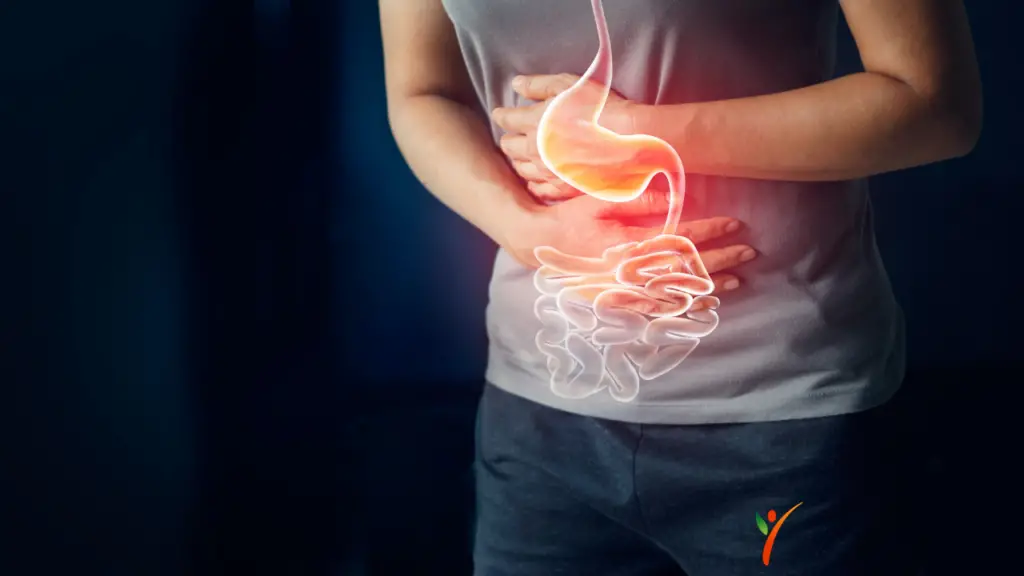
Before we get to know the many gluten poisoning symptoms, it is pertinent to note one thing. If you have been diagnosed with celiac disease recently and did not have it since childhood? Then you may experience opposite symptoms.
Like, if you had diarrhea before due to the consumption of gluten, you most probably would have constipation as a result of being a celiac disease patient.
If you had no symptoms before you got the celiac sickness, your body would most likely create reflux against the gluten when you consume it as a celiac patient. So, it depends on your body and how it reacts to gluten.
Here are some side effects of gluten, which will help you know if you have “gluten poisoned” yourself.
Bloating

Bloating is one of the most typical signs of gluten poisoning. There are hardly any physical discomforts that can make you feel as bad as bloating does.
Spending your days with a swollen stomach can be quite frustrating and uncomfortable.
If you feel bloated always or soon after a meal consisting of gluten ingredients, your bloating is undoubtedly due to gluten. Even if you do not have celiac disease, you may be suffering from gluten sensitivity, which can cause bloating.
According to statistics, nearly 87% of gluten-sensitive people who do not have celiac disease always experience bloating when they consume gluten accidentally.
An Issue With Passing Stools

If you consume gluten in a body that is sensitive to gluten, it is sure to react adversely. Having diarrhea or constipation are two extremes associated with gluten poisoning.
You shouldn't worry too much if your diarrhea or constipation happens on occasion. But the cause for concern arises when your stools are loose or difficult to pass regularly.
Stools get messed up when the gluten plays havoc on the gut lining of your stomach. This damage causes your body to absorb lesser nutrients and vital components. And as a result, you face the discomfort and changes in your bowel habits.
Dehydration Or Fatigue

Making multiple trips to the bathroom can be quite exhausting! The changes in your stool and recurrent diarrhea or constipation may drain you of your energy in no time. Frequent bowel movements will cause the electrolytes and minerals to be flushed out of your body too quickly.
As a result, you will feel frequently fatigued for no reason, exhausted, and could become dehydrated.
Pain In The Abdomen

If you have lately noticed that your abdomen has frequent pains, the reason probably traces back to consuming gluten. About 83% of people with gluten intolerance have chronic abdomen pains when they accidentally ingest gluten.
In those sensitive to gluten and everyday individuals, gluten has time and again proven to be a disaster. Many people complain of abdominal pains and bloating right after heavy consumption of gluten-containing food.
Headaches & Brain Fog

You may relate your frequent headaches to stress or a change of lifestyle. But what about when there is no apparent reason for those headaches? Most people who are sensitive to gluten also complain of persistent nagging headaches without any evident cause.
If you have had headaches or brain fog that do not seem to have a reason, you should probably check your diet.
Skin Issues

Having skin diseases with celiac disease is not very common but is existent among some patients. Around 10% of patients with celiac disease complain of developing skin diseases like psoriasis, chronic urticaria, and the likes.
If you have been facing itchy, painful, and burning, or inflammatory skin conditions, it could be because you have developed an allergy to gluten or have celiac disease.
Bad Mental Health

Having bad mental health symptoms may not be immediately visible, but as we learn more about the connection with gluten, they are becoming more apparent.
Although research does not show gluten as a direct cause of anxiety or stress or inadequate mental health in general, there are testimonials of most people with gluten sensitivity suffering from these.
Gluten may not be the exact cause of anxiety or stress, but it does play a role in triggering it. Going through the perils of keeping an extra careful eye on what you eat may cause social awkwardness.
In turn, it may leave one to be stressed or feeling left out, thus causing a decline in confidence and mental health.
Sudden Weight Loss
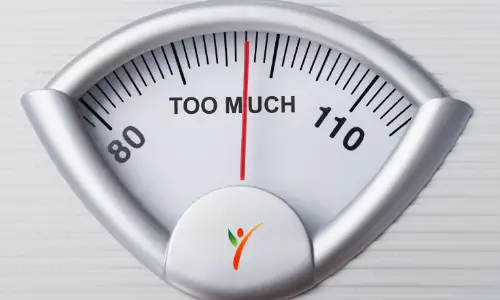
Weight loss may be quite a good feat for some people. But when this weight loss is without any effort or reason, it can be alarming. Gluten is a protein and thus provides the body with all necessary vitals and fiber and nutrients.
When you are gluten intolerant or develop celiac disease, your body rejects the gluten and causes aggravated reactions to it.
This lack of nutrients and minerals caused your body to miss out on a lot of essential components. Your body's inability to absorb the appropriate amount of nutrients and minerals causes sudden weight loss and, in turn, causes bad health.
Deficiency Of Iron
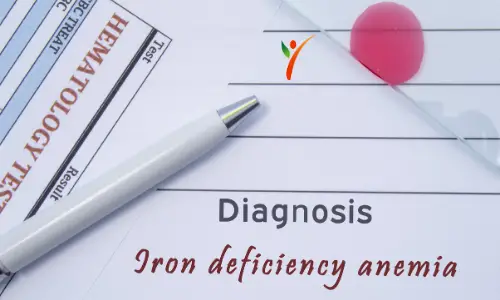
Deficiency of iron or anemia is a condition that is quite common amongst many people. But it is seen to be incredibly prevalent in those with celiac disease or gluten sensitivity.
Since your body rejects the gluten, it also loses its ability to absorb the nutrients from your food properly. Because of this, your body cannot adequately absorb the amounts of iron. You will face persistent fatigue, vertigo, headaches, and the likes when your body does not have sufficient iron levels.
One of the first symptoms of gluten intolerance and celiac disease is an iron deficiency or anemia, as the others result from it.
Joint And Muscle Pain

Having persistent joint or muscle pain is not just a sign of aging. If you have been experiencing body pains frequently, it may be because of gluten intolerance.
Patients of celiac disease have an already existing over-sensitive framework of muscles and nerves. Thus, their sensory neurons immediately activate when they consume gluten, thus causing pain in their joints and muscles.
It may also, at times, cause numbness in the limbs. If this has been happening to you or causing you discomfort, you should visit your doctor and get yourself checked for gluten intolerance or celiac disease.
Now that you know about the top 10 symptoms of gluten poisoning, you must also be aware of overcoming them and keeping yourself safe.
Gluten Poisoning Remedies
Gluten poisoning can cause harm and discomfort to your body. To avoid further damage when exposed to gluten, you must take remedial measures immediately.
Below we have gathered a few tips for you to use as remedies against gluten exposure when sensitive to gluten or have celiac disease.
Drink Water

Water is the best remedy for the majority of issues in the body. It is an elixir that can cure almost anything and keep you healthy. So is the case when you have gluten poisoning. The best way to flush out your system and eliminate any toxins is to drink plenty of water. This way, your body will get rid of gluten faster, and you, in turn, will feel better.
Coconut Water
Coconut water is a savior for any sickness. It is rich in a wide range of nutrients and replaces all the lost electrolytes from your body when you face gluten poisoning.
Try drinking coconut water as a remedy.
Get Good Sleep

Sleeping is the solution to most problems. Sleeping will give the much-needed rest that your body requires after going through an episode of gluten exposure and the effects of it. Resting well gives your body time to rest and recuperate.
Eat Ginger
Ginger is a well-known medicinal food for helping with stomach related issues. Eating a fair amount of ginger with black tea helps with relieving all stomach cramps and indigestion. It soothes the villi and improves its hampered ability to digest food.
Consume Probiotics

Probiotics are an excellent way to increase good gut bacteria. Once the symptoms of gluten poisoning have mellowed, and you begin to feel better, you must start taking probiotics.
Doing this will enable good gut bacteria to grow in your body and restore the lost nutrients and strength.
Gluten Poisoning While Pregnant
This can be quite dangerous to both the mother and the baby. It would help if you were extra careful when pregnant that you do not accidentally consume gluten, especially if you have celiac disease or gluten intolerance.
If you let your guard down and consume gluten accidentally when pregnant, you must immediately consult your doctor in the case of aggravated symptoms.
If the symptoms are mild, you must rest well and continue to take essential vitamins, and drink water so that the gluten is flushed out quickly.
Final Words
If you have a significant gluten-poisoning episode, you are likely to have aggravated symptoms and must consult your doctor. If the attack is a mild one, you must take reasonable care and use the remedies we suggested. Taking care of yourself and taking adequate measures will keep you healthy, and you will maintain a healthy life.
But, whether you have had a significant poisoning or a minor one, gluten poisoning can be undoubtedly a very tiring, frustrating, and painful episode.
Coping with this unpleasant experience is not easy. But do not lose hope. These symptoms are temporary and will pass very soon once you let your body rest and apply the appropriate remedies.
You need to adjust your diet and avoid gluten and keep a careful eye on the ingredients of what you consume. Not allowing gluten into your system will keep all these symptoms at bay and help you have a healthy life even if you have celiac disease or gluten sensitivity.
Through all of this, keep a positive outlook and take good care of yourself.
Live Extraordinarily!


